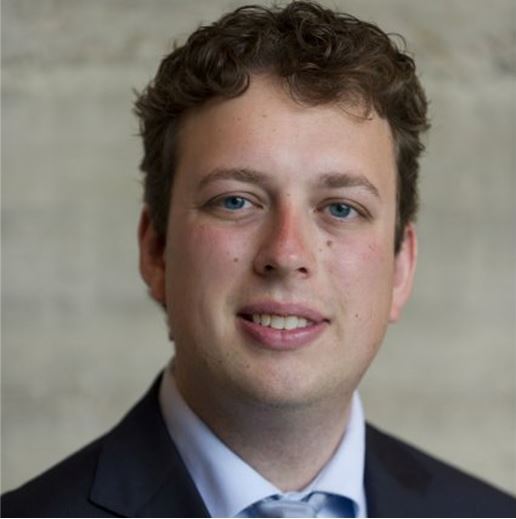
Professor Alpaslan Akay
Associate Professor of Economics, University of Gothenburg
View BIO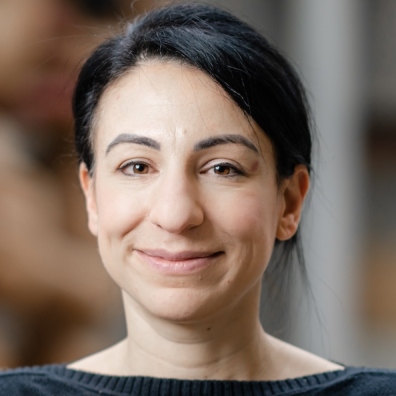
Professor Lara Aknin
Distinguished Professor of Social Psychology, Simon Fraser University
View BIO
Doctor Anna Alexandrova
Senior Lecturer in Philosophy of Science, University of Cambridge (UK)
View BIO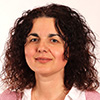
Professor Daniela Andrén
Senior Lecturer, Örebro University School of Business
View BIO
Professor Chris Barrington-Leigh
Professor, McGill University
View BIO
Professor Stefano Bartolini
Professor of Economics, University of Sienna
View BIO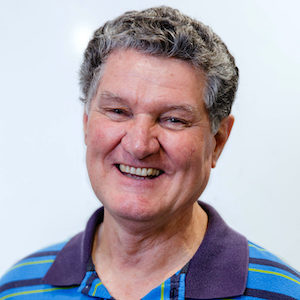
Doctor Tony Beatton
Visiting Fellow, Queensland University of Technology (QUT)
View BIO
Professor Leonardo Bechetti
Professor of Economics, University of Rome Tor Vergata
View BIO
Professor Daniel Benjamin
Associate Professor of Economics, University of Southern California
View BIO
Professor Martin Binder
Professor of Socio-Economics at Bundeswehr University Munich
View BIO
Professor David Blanchflower
Professor of Economics at Dartmouth
View BIO
Doctor Christopher Boyce
Honorary Research Fellow, University of Stirling
View BIOProfessor Martijn Burger
Academic Director at the Erasmus Happiness Economics Research Organisation, Erasmus University Rotterdam and Endowed Professor of Happiness Economics at the Open University of the Netherlands
View BIO
Professor Felix Cheung
Assistant Professor of Psychology and Canada Research Chair, University of Toronto
View BIO
Professor Sonam Choiden
President of Gedu College of Business Studies, Royal University of Bhutan
View BIO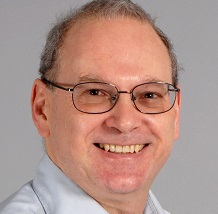
Professor Richard Cookson
Professor, Centre for Health Economics, University of York
View BIO
Professor Jan-Emmanuel De Neve
Associate Professor of Economics and Strategy, University of Oxford
View BIO
Professor Jan Delhey
Professor of Sociology, University of Magdeburg
View BIO
Professor Richard Easterlin
Professor of Economics, University of Southern California
View BIO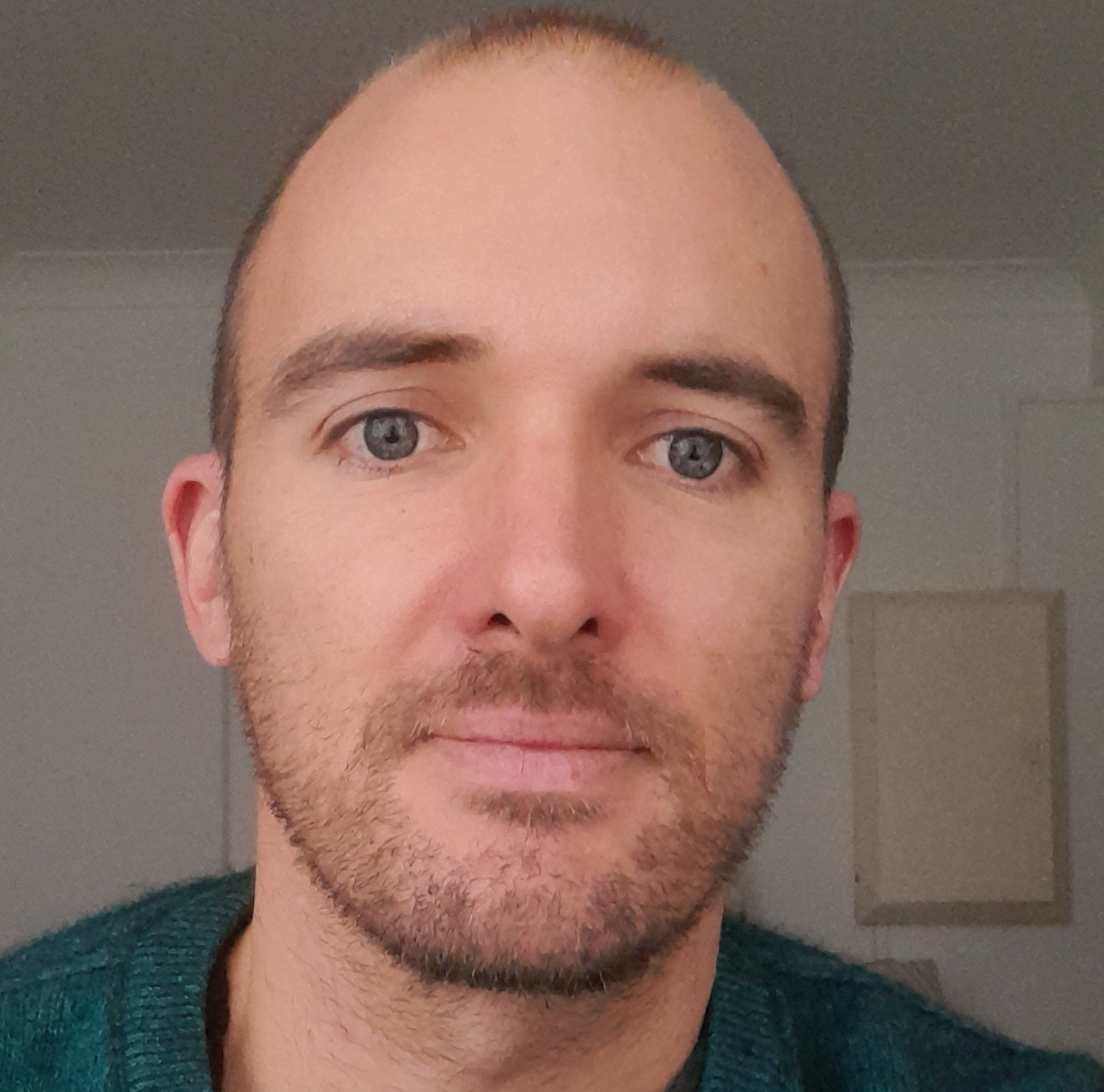
Professor Mark Fabian
Associate Professor of Public Policy, University of Warwick
View BIO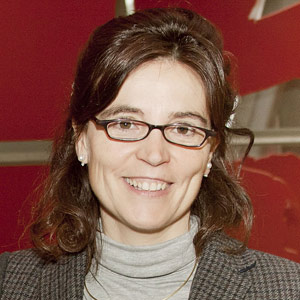
Professor Ada Ferrer-i-Carbonell
Professor of Economics, IAE-CSIC
View BIO
Professor Sarah Flèche
CNRS Research Fellow, University of Paris 1-Panthéon Sorbonne
View BIO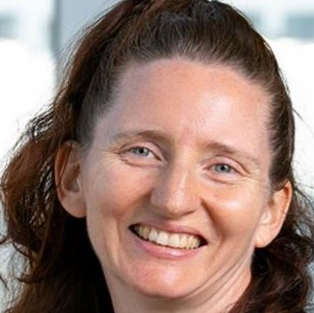
Professor Gigi Foster
Professor, School of Economics, UNSW School of Economics
View BIO
Professor Bruno Frey
Visiting Professor of Economics and Wellbeing, University of Basel
View BIO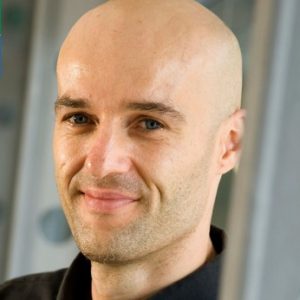
Professor Paul Frijters
Professorial Research Fellow, CEP Wellbeing Programme, London School of Economics
View BIO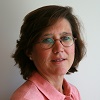
Professor Carol Graham
Leo Pasvolsky Senior Fellow, Brookings Institution
View BIO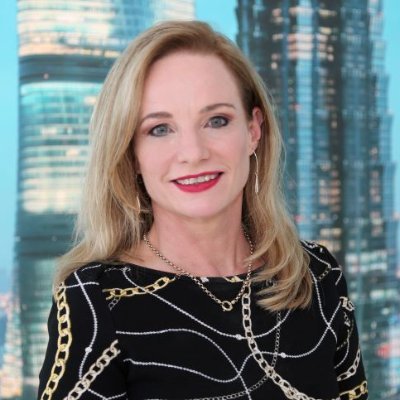
Professor Talita Greyling
Professor, School of Economics, University of Johannesburg
View BIO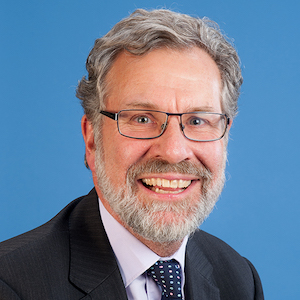
Professor Arthur Grimes
Chair of Wellbeing and Public Policy, School of Government, Victoria University of Wellington
View BIO
Professor Dan Haybron
Professor of Philosophy, Saint Louis University
View BIO
Professor Ori Heffetz
Associate Professor of Economics, Cornell University and Hebrew University
View BIO
Professor John Helliwell
Professor Emeritus of Economics, University of British Columbia
View BIO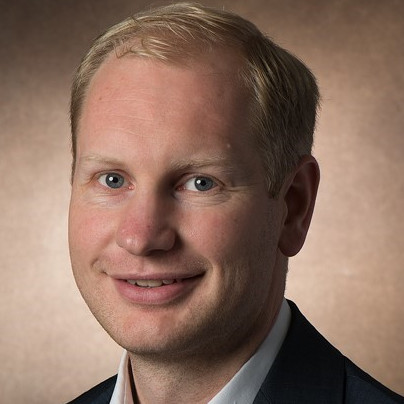
Professor Martijn Hendriks
Associate Professor, Erasmus University Rotterdam & University of Johannesburg
View BIODoctor Antje Jantsch
Researcher, Leibniz Institute of Agricultural Development in Transition Economies (IAMO)
View BIO
Professor Aaron Jarden
Associate professor, Faculty of Education, University of Melbourne
View BIO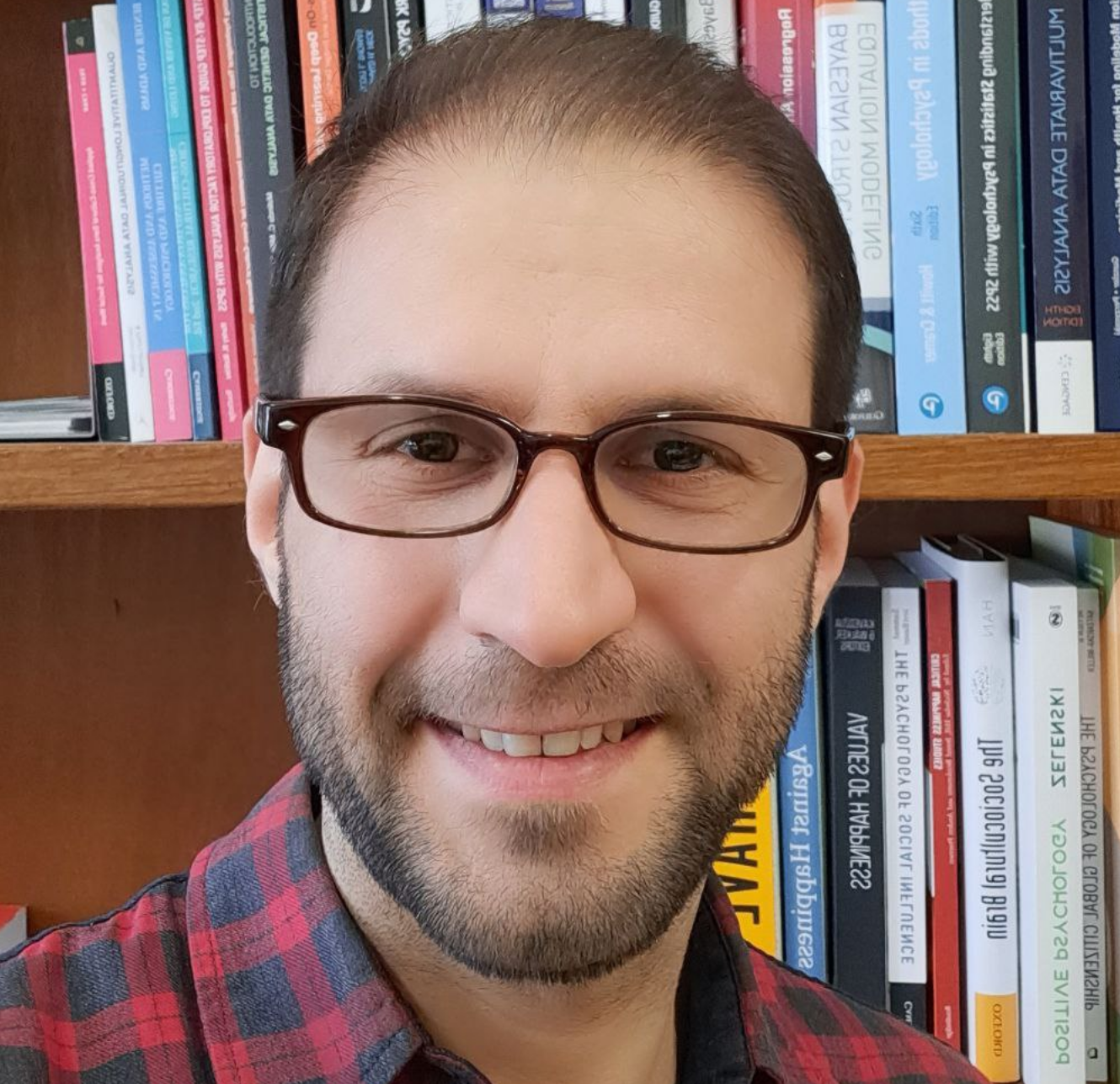
Professor Mohsen Joshanloo
Associate Professor (Psychology), Keimyung University, South Korea
View BIO
Professor Caspar Kaiser
Assistant Professor in Behavioural Science
View BIO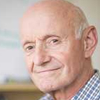
Professor Arie Kapteyn
Professor of Economics, University of Southern California
View BIO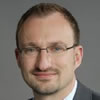
Professor Andreas Knabe
Professor (Chair in Public Economics), Otto-von-Guericke-University Magdeburg
View BIO
Professor Christian Krekel
Assistant Professor in Behavioural Science, London School of Economics
View BIO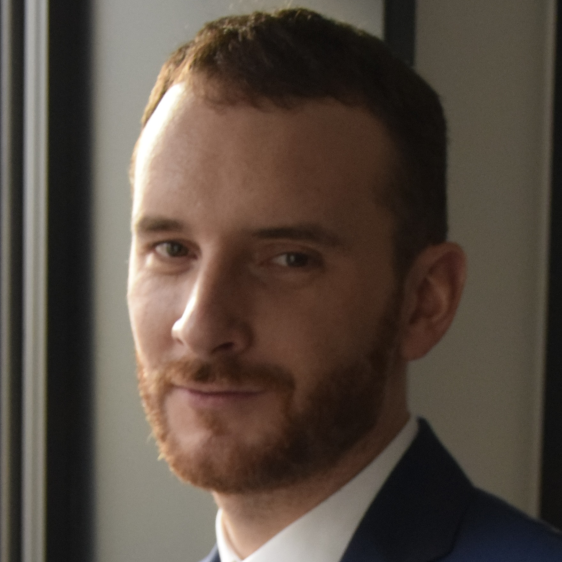
Doctor Anthony Lepinteur
Research Scientist, University of Luxembourg
View BIO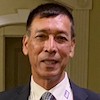
Professor Darma Mahadea
Associate Professor and Honorary Research Fellow at the University of Kwazulu-Natal, South Africa
View BIO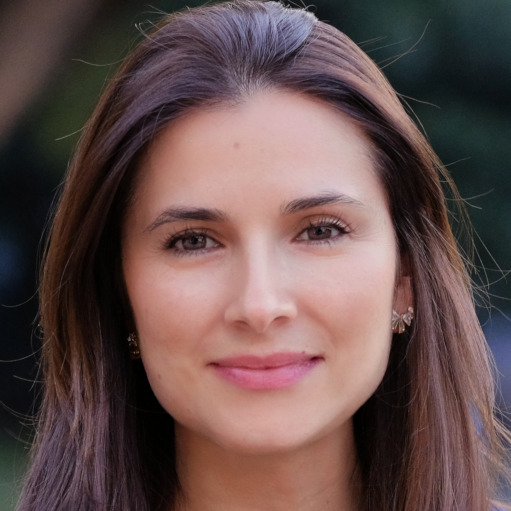
Professor Lina Martinez
Profesor, and Director of POLIS - Center for Wellbeing Studies, Universidad Icesi
View BIO
Professor Guy Mayraz
Lecturer, University of Sydney
View BIO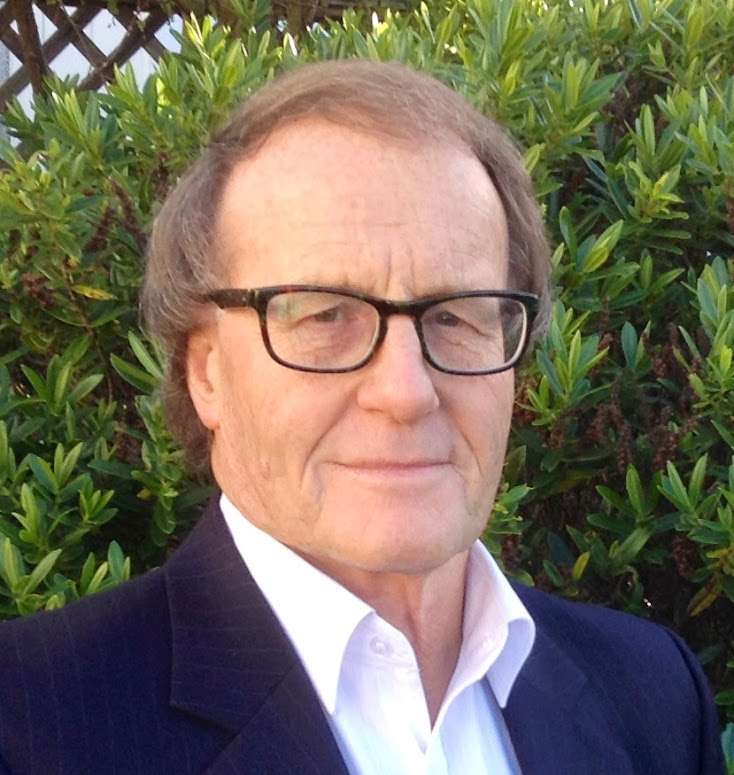
Professor Philip Morrison
Professor Emeritus, School of Geography, Environment and Earth Sciences Victoria University of Wellington (Te Herenga Waka)
View BIO
Doctor Kelsey J O'Connor
Researcher in the Economics of Well-being
View BIO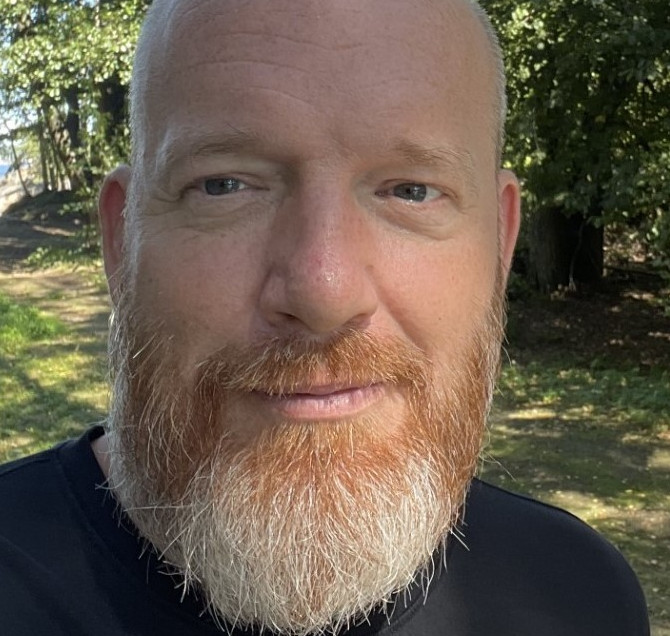
Professor Alan Piper
Lecturer in Economics, University of Leeds
View BIO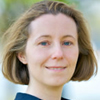
Doctor Anke Plagnol
Lecturer in Psychology (Behavioural Economics), City University, London
View BIO
Professor Eugenio Proto
Alec Cairncross Professor of Applied Economics and Econometrics, University of Glasgow, Adam Smith Business School
View BIO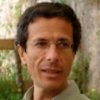
Professor Maurizio Pugno
Full Professor of Economics, University of Cassino
View BIO
Professor Jordi Quoidbach
Associate Professor of Behavioral Decision Making in the Department of People Management, ESADE Business School
View BIO
Professor Mariano Rojas
Professor of Economics, Universidad Popular Autónoma del Estado de Puebla
View BIO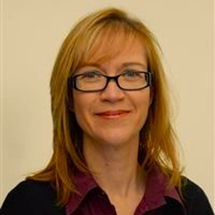
Professor Stephanié Rossouw
Associate Professor, School for Social Science and Public Policy, Auckland University of Technology, New Zealand
View BIO
Doctor Francesco Sarracino
Economist, Research Division of the Statistical Office of Luxembourg -STATEC
View BIO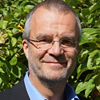
Professor Ronnie Schob
Professor, School of Business and Economics, Freie Universitat Berlin
View BIO
Professor Daniel Sgroi
Professor of Economics, University of Warwick
View BIO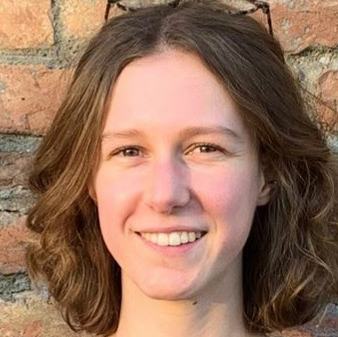
Doctor Giulia Slater
Economics Researcher, STATEC, Luxembourg
View BIO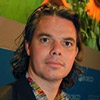
Doctor Conal Smith
Principal, Kōtātā Insight
View BIO
Professor Alois Stutzer
Professor of Political Economics, University of Basel
View BIO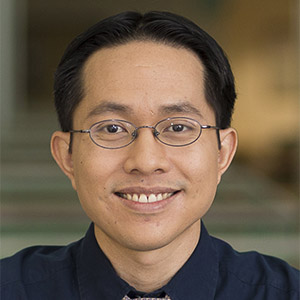
Professor William Tov
Associate Professor of Psychology at Singapore Management University
View BIO
Professor Wenceslao Unanue
Associate Professor, Business School, Universidad Adolfo Ibáñez
View BIO
Professor Maarten Vendrik
Retired Senior Assistant Professor of Economics, Maastricht University
View BIO
Professor Shun Wang
Professor of Economics, KDI School of Public Policy and Management, South Korea
View BIO
Professor Heinz Welsch
Professor of Economics, University of Oldenburg
View BIO
Professor Mark Wooden
Professorial Research Fellow and Director of the HILDA Survey Project, Melbourne Institute: Applied Economic and Social Research, Faculty of Business and Economics, University of Melbourne
View BIO
Professor Stephen Wu
Professor of Economics, Hamilton College
View BIO
Doctor Fengyu Wu
Researcher in the Economics of Well-being, STATEC Research, Luxembourg
View BIO
Professor Homa Zarghamee
Assistant Professor of Economics, Barnard College, Columbia University
View BIO
World Wellbeing Panel
What is the World Wellbeing Panel (WWP)?
The World Wellbeing Panel promotes wellbeing as the ultimate purpose of all major decision makers, particularly government.
To this end, we ask an international panel of experts questions of relevance to wellbeing policy. Responses are personal assessments and are attributed individually. This poll fosters debates about policy in terms of its impacts on wellbeing, which over time should lead to better policies and decisions.
The panel launched in 2016 as part of the Wellbeing Program at the LSE Center for Economic Performance (CEP) under the initial direction of Paul Frijters. In 2020, the Directorship passed to Ada Ferrer-i-Carbonell (IAE-CSIC and BSE), and in 2023 to Chris Barrington-Leigh (McGill).
How is the survey run?
Questions are selected from a prior list suggested by our experts, policy makers, and journalists. The questions are vetted for language and suitability. Then they are sent out to 40-50 international experts who can express their agreement or disagreement with the question, and provide a short explanation of their answers.
The results of the poll are then written up by a World Wellbeing Panel member, after which they are disseminated amongst journalists, politicians, and anyone on the dissemination list.
Please contact the Director to be added to the dissemination list, to nominate a panelist, or to make other suggestions.
Managing Committee

Professor Paul Frijters
Professorial Research Fellow, CEP Wellbeing Programme, London School of Economics

Professor Arthur Grimes
Chair of Wellbeing and Public Policy, School of Government, Victoria University of Wellington

Doctor Antje Jantsch
Researcher, Leibniz Institute of Agricultural Development in Transition Economies (IAMO)
World Wellbeing Panel members
The World Wellbeing Panel includes economists, sociologists, behavioral scientists, and public policy experts from institutions in Australia, Bhutan, Canada, Chile, France, Germany, India, Italy, Luxembourg, Mexico, Netherlands, New Zealand, Singapore, South Africa, South Korea, Sweden, Switzerland, Spain, the United Kingdom, and the United States.

